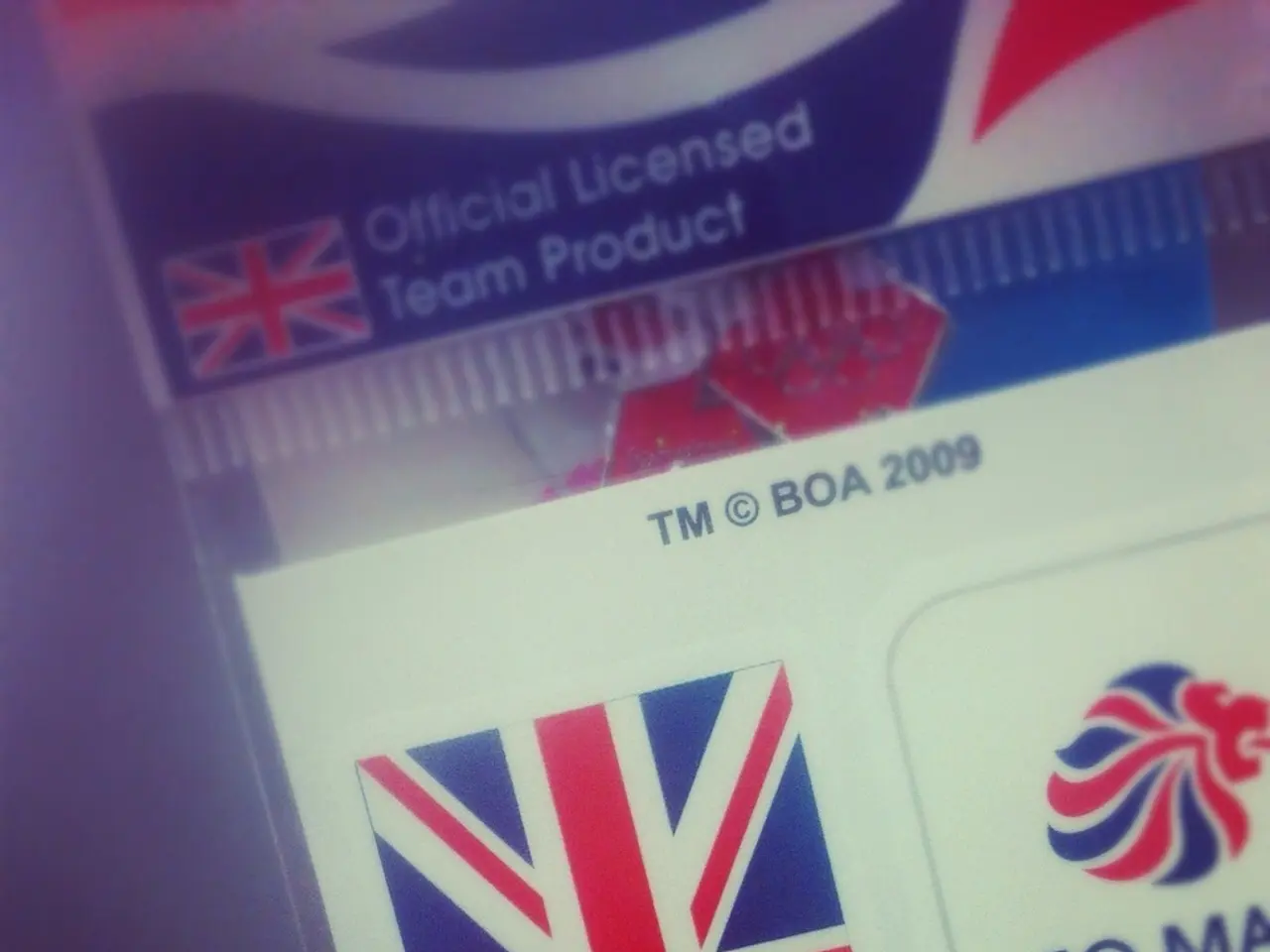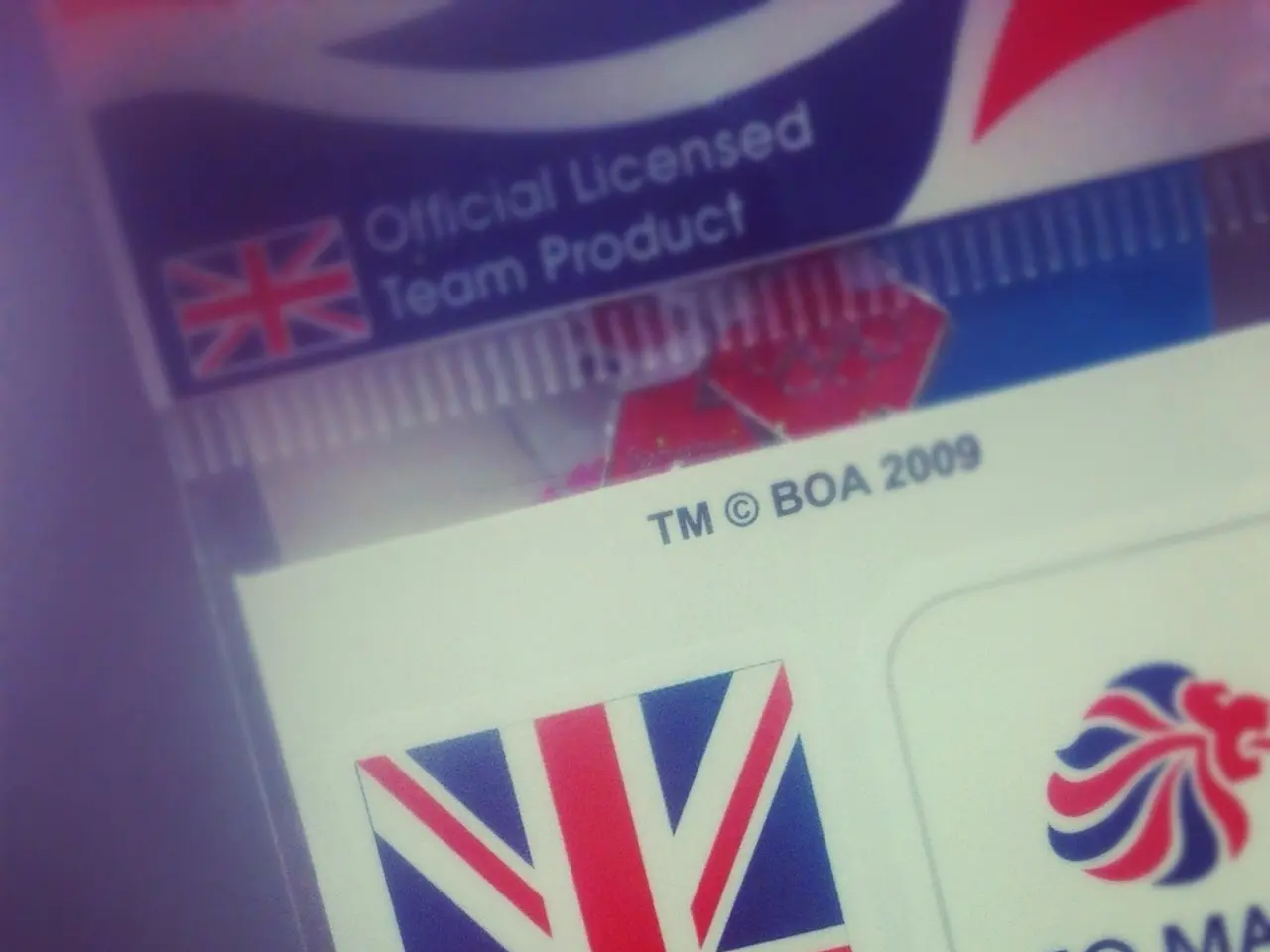Swiss financial institution Credit Suisse admits to tax offenses, decides to pay a fine of $511 million
Credit Suisse Settles Tax Evasion Case for Over $510 Million
In a significant development, Credit Suisse Services AG, now owned by UBS, has agreed to pay over $510 million to settle a years-long investigation into helping taxpayers hide assets and income in offshore accounts.
The investigation, which spanned from 2010 to at least 2021, uncovered that Credit Suisse conspired to help U.S. customers conceal their assets and funds held at the bank to avoid tax obligations.
As part of the settlement, Credit Suisse has entered into a non-prosecution agreement regarding U.S. taxpayers booked in the legacy Credit Suisse Singapore booking center and will pay $138.7 million. The bank has also agreed to assist the Justice Department in its ongoing probe.
The settlement comes about two years after a Senate Finance Committee investigation. The timeline of Credit Suisse's tax evasion case and related misconduct unfolded amidst multiple investigations revealing serious regulatory breaches and fraud warnings, culminating in legal actions and settlements that exposed the bank's violations of prior agreements.
One of the most notable incidents occurred in 2018 when an internal report warned Credit Suisse executives that a major client, Sanjeev Gupta, was involved in a multi-billion dollar fraud scheme. Subsequent years saw broader scrutiny into Credit Suisse's banking practices, uncovering systemic issues including tax evasion schemes and other forms of misconduct.
Legal fallout has included frequent challenges in court, where as recently as mid-2025, Credit Suisse faced rejected attempts to dismiss fraud-related lawsuits brought by government bodies, highlighting ongoing regulatory pressure.
The wider pattern among banks, including Credit Suisse, involves drawing a "law-free zone" around their operations, evading enforcement efforts despite “literally thousands” of pieces of evidence amassed against them over many years. This contributes to a systemic environment where mega banks engage in tax evasion and other wrongdoing without paying full accountability, partly enabled by media complicity and legal roadblocks.
In a related development, UBS, the acquirer of Credit Suisse, discovered undeclared accounts after the merger and immediately froze suspicious accounts, voluntarily reported them to the Justice Department, conducted internal investigations, and cooperated with authorities. However, it is important to note that the acquisition of Credit Suisse by UBS did not provide any protections for individuals involved in tax evasion.
Credit Suisse pleaded guilty to conspiring to hide over $4 billion from the Internal Revenue Service in at least 475 offshore accounts. Employees were found to have helped U.S. businessman Dan Horsky conceal over $220 million in offshore accounts from the IRS. In 2014, Credit Suisse admitted to assisting U.S. taxpayers in hiding offshore accounts from the IRS and paid $2.6 billion, the largest payment to date in a criminal tax case.
Earlier this year, a Senate Budget Committee investigation revealed Credit Suisse had more Nazi-linked accounts than previously known. Finance Committee Ranking Member Ron Wyden, D-OR, called for the criminal prosecution of Credit Suisse bankers and advisers who helped wealthy clients evade taxes.
In the most recent development, Credit Suisse pleaded guilty to one count of conspiracy to aid and assist in the preparation of false income tax returns and will pay $371.9 million. The bank was found to have falsified records, processed fictitious donation documents, and serviced over $1 billion in accounts without documentation of tax compliance. The bank also failed to report a potential ongoing criminal tax conspiracy involving nearly $100 million in secret offshore accounts belonging to a family of dual U.S.-Latin American citizens.
The Senate Finance Committee conducted an investigation into Credit Suisse's activities between 2014 and 2023, finding violations of the plea agreement. This settlement marks a significant step in holding Credit Suisse accountable for its actions and serves as a reminder of the importance of transparency and compliance in the banking industry.
Businesses involved in finance, like Credit Suisse, can face severe repercussions when found to have conspired to help clients evade taxes. Data from the investigation spanning from 2010 to 2021 revealed that Credit Suisse, a business in the finance sector, aided U.S. customers in concealing their assets and funds to evade tax obligations.




